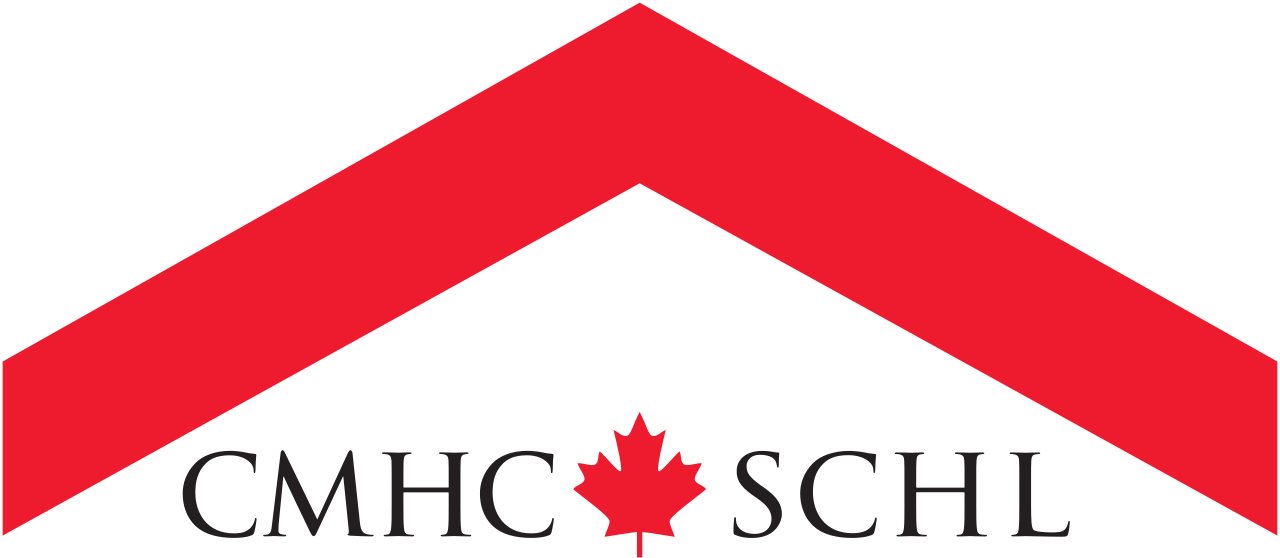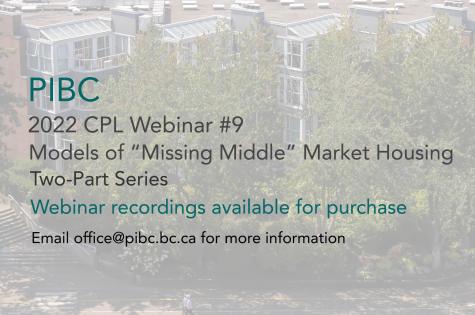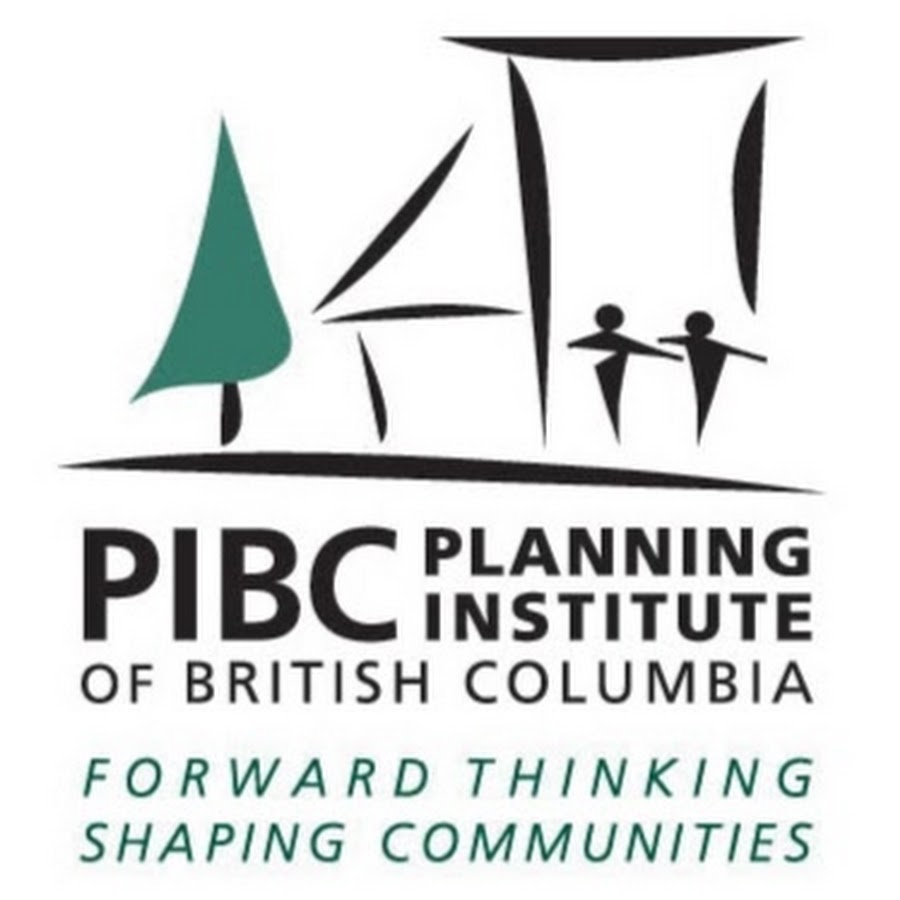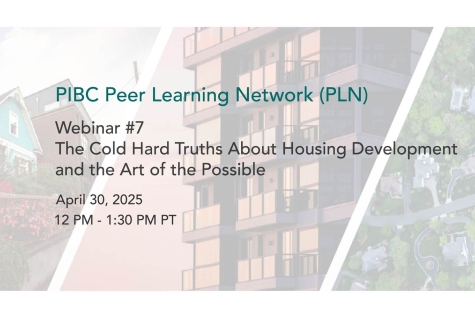This live webinar event is SOLD OUT.
To purchase webinar recordings (recording will be available in the week after the live event), please contact office@pibc.bc.ca noting the webinar year and number (for example, year 2022, webinar #1) and if you are purchasing for a Single or Group rate. An eligible current member name is required for member rates. Click here for details on webinar recordings and costs.
Please note this registration is for BOTH Part 1 and Part 2. There is no additional cost. This two-part webinar is eligible for a total of 3.0 CPL units.
Please note for CPL reporting on this two-part webinar series:
A total of 3.0 units can be reported for this webinar series (1.5 units for each webinar). If you had already reported the full 3.0 in 2022, you cannot report 1.5 units for the May 3, 2023 webinar (part 2) as part of your 2023 CPL reporting. If you reported 1.5 units in 2022, you may report the remaining 1.5 units in 2023.
Part 1 - November 30 / Part 2 – May 3, 2023
This special two-part webinar series explores innovative affordable market housing that is often referred to as the “missing middle”. Public and private sector speakers from Portland, Seattle, Vancouver, and Victoria will present the latest approaches to supporting and achieving this much needed housing option in their communities. Let’s talk about gentle infill, laneway homes, townhomes, and “plexes”. Learn the latest in planning, designing, financing, and building missing middle housing!
Registrants will receive links to both presentations webinar recording and presentation slides.

Thank you to our learning partner CMHC for supporting this webinar.
- - -
CPL Webinar #9 - PART 1 on November 30, 2022
Speakers from both the public and private sectors from Portland, Seattle, and Vancouver will present the latest approaches to supporting and achieving this much needed housing option in their communities. Let’s talk about gentle infill, laneway homes, townhomes, and “plexes”!
Speakers
Morgan Tracy AICP
Senior Planner, City of Portland Bureau of Planning & Sustainability
In 2019 the Oregon Legislature passed a bill requiring larger cities to allow up to four units of housing on single-family zoned properties by 2022. To meet the state's new requirements, Portland passed the Residential Infill Project in August 2020, which legalized the construction of two-, three-, and four-unit developments on almost all single-family-zoned properties. It also created a system of density bonuses that allows duplexes to be larger than single-family homes and three- and four-unit homes to be larger than duplexes. The city also went above and beyond state law by allowing the construction of two ADUs—colloquially known as granny flats or in-law suites—on single-family lots and eliminating the requirement that new homes come with off-street parking. Planners from the City of Portland will provide an overview of Portland’s Residential Infill Project (RIP / RIP2) that was approved in August /2021 and June /2022, respectively. They will discuss how the new zoning policies are working to create ‘missing middle’ housing, and how developers, builders and the public have responded.
Bryn Davidson
Co-Owner & Design Lead, Lanefab
Long-time builder of fabulous small and energy efficient homes, Bryn has strong opinions and innovative thought on the planning and permitting process associated with ‘missing middle’ housing in Vancouver. He will show us a medley of his firm’s latest and greatest creations (Fab-Plexes, tiny townhouses, duplexes, laneway housing & passive homes), and offer some insightful concepts for consideration by planners that would work in any community.
Gina Gage, Project Manager & Architect
Hybrid, City of Seattle
Hybrid is a Seattle-based collaborative, multidisciplinary design, build, and development firm, dedicated to providing livable housing options in urban areas. To help address the gap between new and existing development as Seattle densifies, Hybrid is employing a strategy of “adaptive density”. Learn more about this approach and how it can be used to soften the impact as communities transition to higher density living.
Travis Hanks
Principal Architect, Haeccity Studio
The City of Vancouver’s West End neighbourhood showcases a diverse range of heritage buildings co-existing with higher-density, modern developments. Haeccity’s project in Mole Hill shows how appropriate gentle infill on a standard single-family lot can address Metro Vancouver’s affordability and social health challenges while respecting the existing heritage vernacular. The lessons learned from this project earned Haeccity a first prize winning entry to the Missing Middle housing competition, hosted by Urbanarium.
- - -
PIBC CPL Webinar #9 - Part 2 on May 3, 2023
Please note: This webinar, originally scheduled for December 7, 2022, had been postponed at the request of the webinar presenters due to unforeseen circumstances beyond our control. We regret any inconvenience this postponement may have cause. Thank you for your understanding.
- - -
This webinar features representatives from the City of Victoria who are working with industry professionals from the private sector to explore policies for gentle density and missing middle housing. Insight is provided as the City pivots from neighbourhood-by-neighbourhood exploration of policies toward a city-wide planning process centred on missing middle housing.
Speakers
- Canada Mortgage and Housing Corporation - Welcome & Introduction
- Malcolm MacLean - Senior Planner, Sustainable Planning & Community Development, City of Victoria
- Julian West - Owner, Urban Thrive
- Tim Kindrat - Associate Principal, Christine Lintott Architects Inc.
- Joaquin Karakas - Senior Urban Designer, Sustainable Planning & Community Development, City of Victoria







